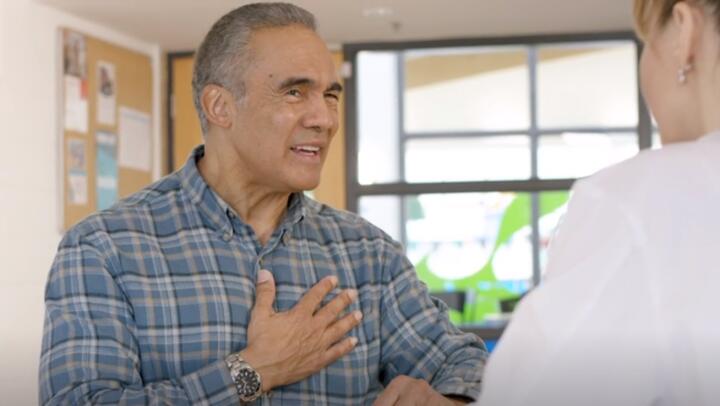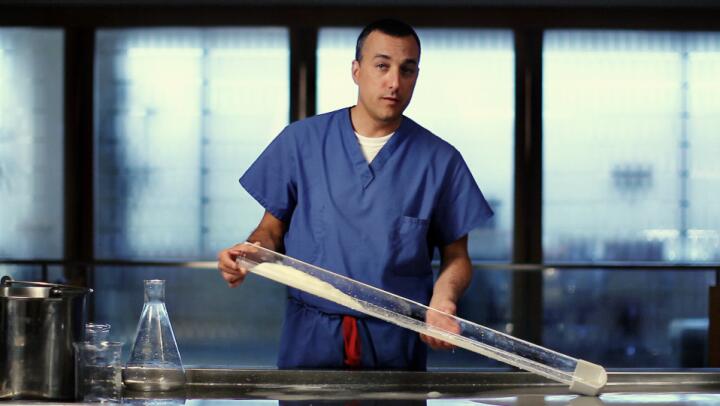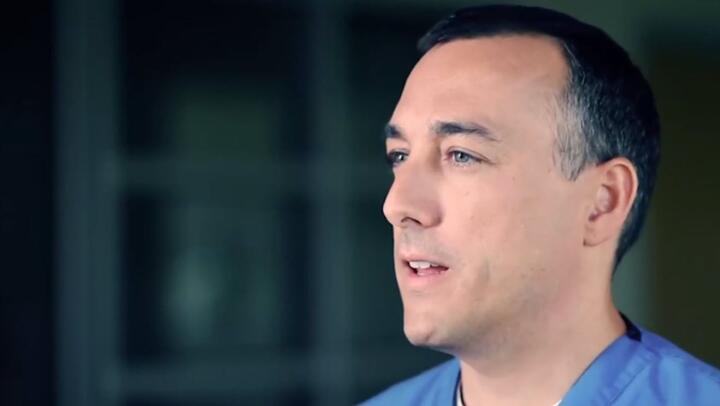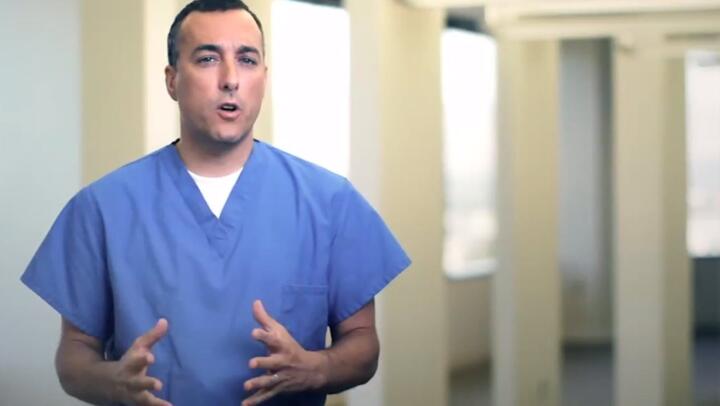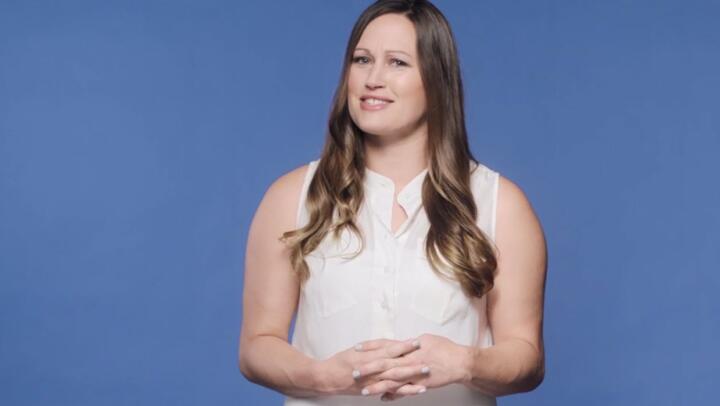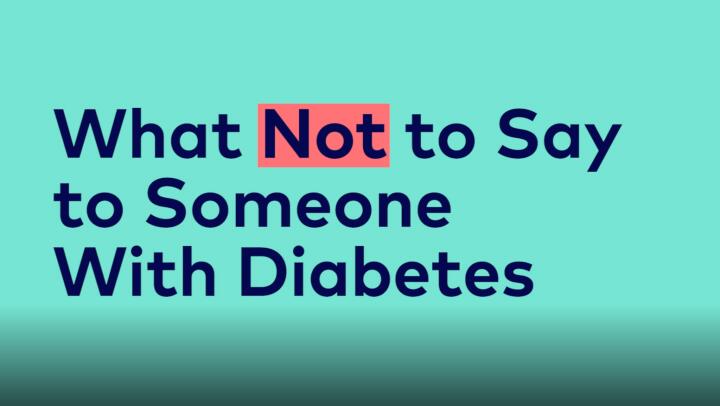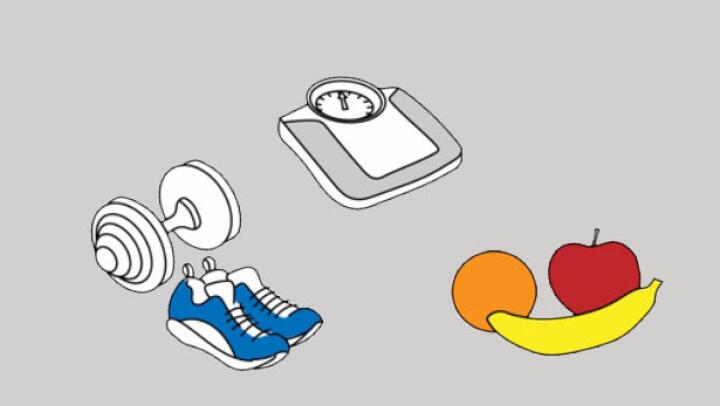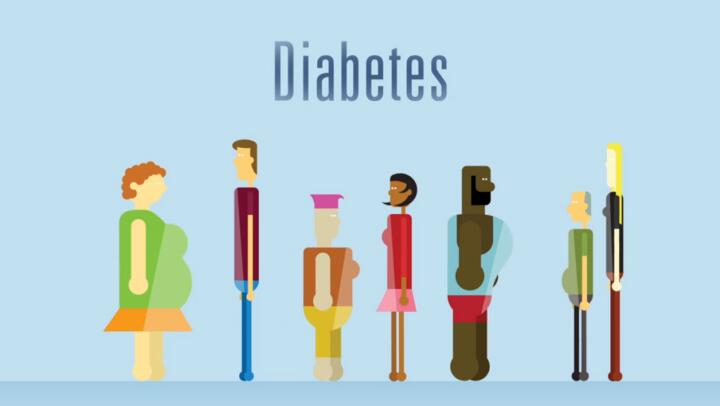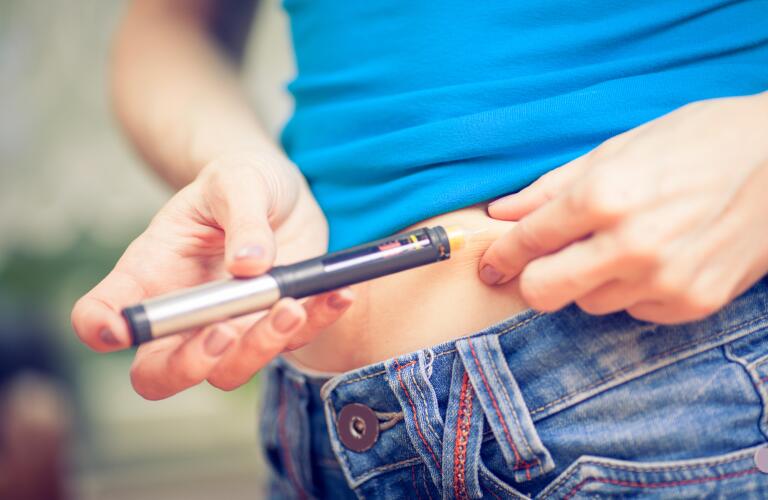
After a diagnosis of diabetes, the first thought on many people’s minds might be: Do I have to inject myself with insulin? The truth is that there are many choices beyond injectable insulin. You might be able to take a pill instead. The answer mainly depends on what type of diabetes you have.
Your choices are fairly limited for treating type 1 diabetes. That’s because your body doesn’t make any insulin at all in type 1 diabetes. To treat it, you must replace natural insulin with insulin injections or an alternative method, including insulin pens and pumps. There are a wide variety of insulin products on the market. Your individual needs will determine the kind of insulin you use.
Another injectable medicine that you can use to treat type 1 diabetes is called pramlintide (Symlin). Pramlintide is a man-made version of another hormone that your pancreas makes. Pramlintide works by slowing down your digestion. This keeps your blood sugar levels from going too high after meals. If you use Symlin, you still have to use insulin. They work together to treat your diabetes.
In type 2 diabetes, you have more varied treatment choices than in type 1 diabetes. With type 2 diabetes, your body doesn’t make enough insulin to meet your energy needs and your cells are resistant to it. To treat type 2 diabetes, you can use insulin and other injections, medicines that you take by mouth, or a combination of both.
Injectable drugs are those that you give with a needle and syringe, or in some cases, an injection pen. You have a few choices for treating type 2 diabetes with injectable drugs:
Insulin treats type 1 and type 2 diabetes.
Pramlintide (Symlin) treats either type 1 or type 2 diabetes.
Exenatide (Byetta) is a relatively new kind of type 2 diabetes drug. It works by increasing insulin secretion from the pancreas, but it only does this when your blood sugar is high. Recently, an extended release version of exenatide was released, called Bydureon.
Dulaglutide (Trulicity) is another new type 2 diabetes medication. It's a once-weekly injectable that helps your body release its own insulin to improve your blood sugar levels, and it may help you lose a few pounds.
- Lixisenatide (Adlyxin) is the newest type 2 diabetes injectable medication. It's injected once a day at mealtime and works similarly to Trulicity.
Oral drugs are medicines you take by mouth. Right now, you can only use oral drugs to treat type 2 diabetes. In general, oral drugs work in one of five ways:
- Increasing insulin production
- Decreasing insulin resistance and helping your cells respond better to insulin
- Lowering the amount of glucose that your liver produces. Your liver stores extra sugar for use when your body needs it.
- Slowing your digestion to help keep blood sugar levels more constant and even
Increasing kidney excretion of excess glucose (SGLT2 Inhibitors)
Your doctor follows treatment guidelines issued by organizations such as the American Diabetes Association (ADA) or the American Association of Clinical Endocrinologists (AACE). The ADA guidelines recommend that most people with type 2 diabetes start on an oral medicine called metformin (Glucophage), in combination with lifestyle changes. However, metformin is not a good choice for everyone because of possible side effects including nausea and diarrhea. If your doctor doesn’t think you should take metformin, he or she will likely start you on another oral medicine.
You can usually stay on one drug for some time. If it isn’t getting you to your blood sugar goals, you and your doctor have a few options:
Increase your dose of medicine
Add a second medicine
Switch to a new medicine
Add insulin
Switch to insulin only
Your doctor is in the best position to guide your treatment choices. Talk with your doctor about any concerns you may have about your treatment and ask lots of questions. Your nurse, diabetes educator, and pharmacist are also great resources for understanding your treatment choices.












